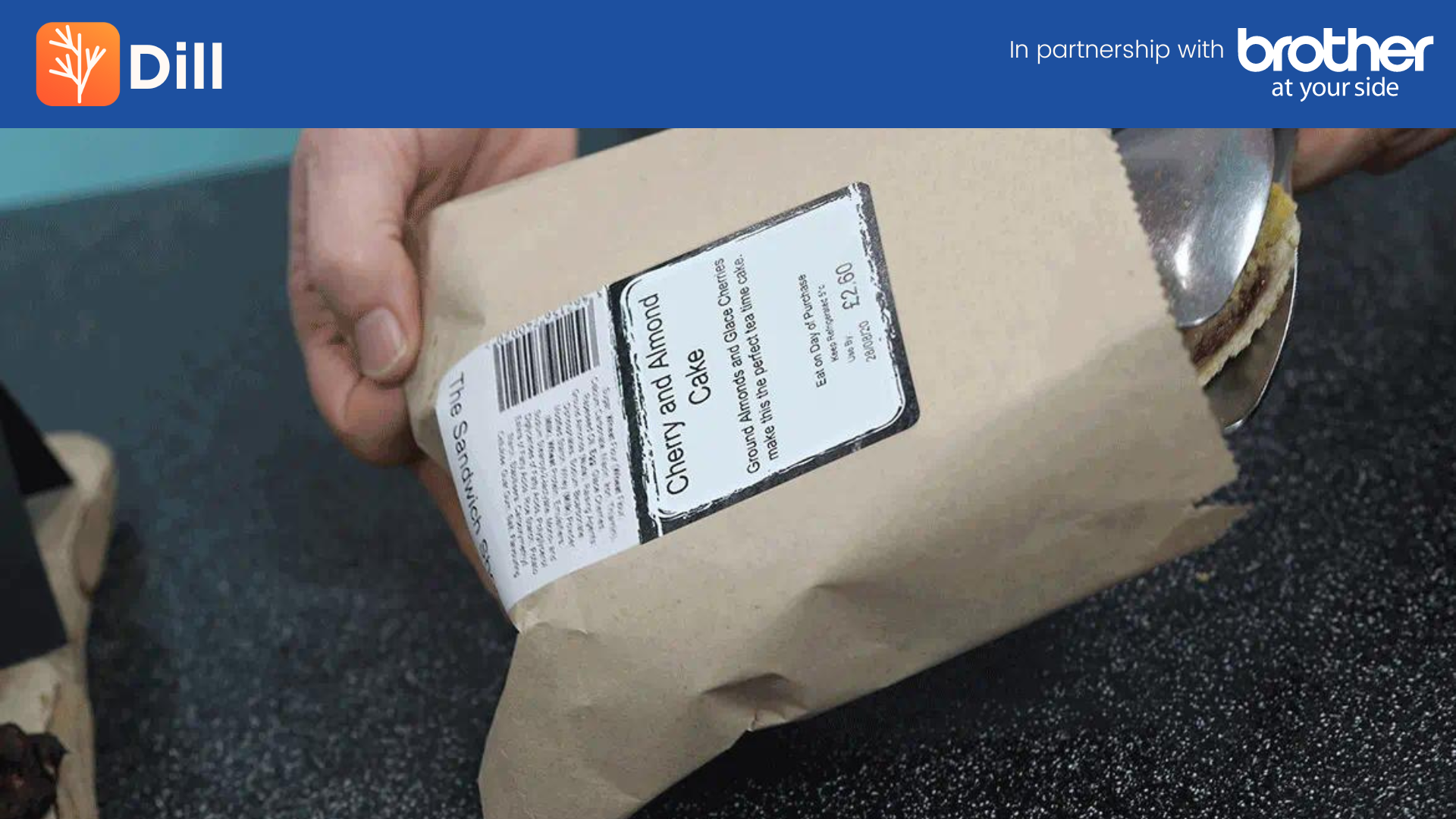Introduction
In the ever-evolving landscape of food safety regulations, Natasha’s Law stands out as a beacon of change in the United Kingdom. Named after Natasha Ednan-Laperouse, a teenager who tragically lost her life due to a severe allergic reaction to undeclared allergens in a pre-packaged sandwich, this legislation aims to prevent such incidents by mandating clear and accurate food labeling. This article delves into the importance of compliance with Natasha’s Law and the vital role that food labeling solutions play in ensuring the safety of consumers.
Understanding Natasha’s Law for Ensuring Food Safety
Natasha’s Law, which came into effect in October 2021, requires food businesses in the UK to provide full ingredient and allergen information on all pre-packaged food sold on their premises. This includes foods packed on-site for direct sale (PPDS), such as sandwiches, salads, and other similar products. The law was introduced to address the gaps in allergen information that contributed to Natasha Ednan-Laperouse’s tragic incident and to protect individuals with allergies.
The Significance of Compliance: Consumer Safety
The primary goal of Natasha’s Law is to enhance consumer safety by providing clear and comprehensive information about allergens present in pre-packaged food. Compliance with the law ensures that individuals with allergies can make informed choices and avoid potentially life-threatening reactions.
Legal Obligation
Non-compliance with Natasha’s Law can result in serious consequences for food businesses. Fines and legal actions may be imposed for failing to adhere to the regulations. By complying with the law, businesses not only protect consumers but also safeguard their reputation and operations.
Trust and Reputation
Today’s consumers are not just consumers; they’re informed and discerning individuals who carefully scrutinize the products they consume. With a heightened awareness of health and safety issues, they demand transparency and accountability from the businesses they patronize. Trust, therefore, has become a currency of paramount importance in the realm of food consumption. By wholeheartedly embracing and adhering to Natasha’s Law, food businesses signal their unwavering dedication to the well-being and satisfaction of their customers. This commitment doesn’t just ensure legal compliance but also cultivates a sense of reliability and integrity, which are foundational to building long-lasting relationships with consumers. In essence, compliance with Natasha’s Law isn’t just about following regulations; it’s about forging meaningful connections with customers based on trust, ultimately fostering unwavering loyalty to the brand.
Ensuring Food Safety and The Role of Food Labelling Solutions
Accuracy and Consistency: Implementing a robust food labeling solution is key to achieving accuracy and consistency in providing allergen information. Automation reduces the risk of human error in manual labeling processes, ensuring that every product is labeled correctly.
Efficiency and Time-Saving: Food labeling solutions streamline the process of creating and updating labels. This efficiency not only saves time for the business but also allows staff to focus on other critical aspects of food preparation and service.
Real-time Updates: In a dynamic food service environment, ingredient availability and recipes may change. A food labeling solution with a centralized database ensures real-time updates, reflecting changes instantly on all labels. This is crucial for compliance with Natasha’s Law, which demands accurate and up-to-date allergen information.
Embracing Natasha’s Law: Safeguarding Consumer Trust and Building a Safer Food Industry
Natasha’s Law represents a significant step forward in prioritizing consumer safety, particularly for those with allergies. Compliance with this legislation is not only a legal requirement but a moral obligation for food businesses. Implementing a comprehensive food labeling solution goes hand-in-hand with Natasha’s Law, offering accuracy, efficiency, and real-time updates. By embracing these solutions, businesses not only meet regulatory requirements but also contribute to a safer and more transparent food industry for everyone.
With its implementation, Natasha’s Law has fundamentally altered how food businesses operate, placing a renewed emphasis on transparency and accountability. As consumers become increasingly discerning about the products they consume, adherence to Natasha’s Law is paramount for businesses aiming to build and maintain trust.
Compliance with Natasha’s Law requires thorough understanding and meticulous attention to detail. Food businesses must ensure that all pre-packaged products are labeled accurately, with clear and comprehensive information about ingredients and allergens. Failure to comply can result in severe consequences, including legal penalties and damage to reputation.
However, compliance with Natasha’s Law goes beyond mere adherence to regulations—it underscores a commitment to consumer safety and well-being. By providing transparent and accurate labeling, businesses not only fulfill their legal obligations but also demonstrate care and responsibility towards their customers.
In this regard, food labeling solutions play a pivotal role. These solutions streamline the process of creating and updating labels, reducing the risk of errors and ensuring consistency across products. Automation features further enhance efficiency, freeing up valuable time and resources for other essential tasks within the business.
Moreover, food labeling solutions offer real-time updates, essential in a dynamic food service environment where ingredient availability and recipes may change frequently. This capability is particularly crucial for compliance with Natasha’s Law, which necessitates accurate and up-to-date allergen information to protect consumers.
By embracing food labeling solutions and ensuring compliance with Natasha’s Law, businesses not only mitigate risks and legal liabilities but also enhance their reputation and credibility. In an industry where trust is paramount, prioritizing consumer safety through clear and accurate labeling is a strategic imperative.
In conclusion, Natasha’s Law represents a significant milestone in food safety regulations, aiming to prevent allergen-related incidents and protect consumers. Compliance with this legislation, coupled with the adoption of food labeling solutions, is essential for businesses to navigate the evolving landscape of food safety regulations successfully. By doing so, they not only meet regulatory requirements but also uphold their commitment to consumer safety and trust, fostering long-term success and sustainability in the food industry.


